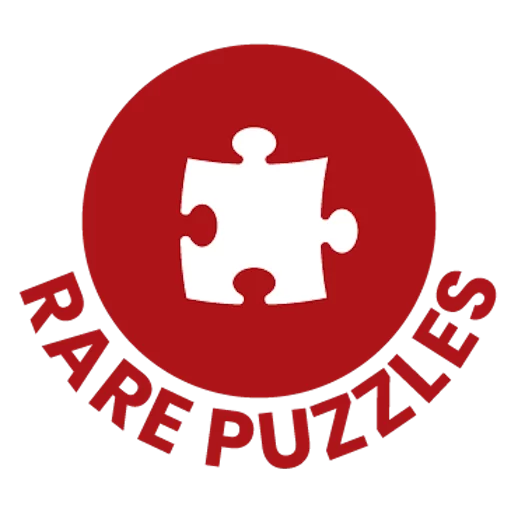I recently wrote a post saying that most people are honest. At least, I have come to that conclusion after having completed a lot of transactions with a lot of people everywhere.
I have had my share of disappointments when buying puzzles, but even in those cases I try not to presume bad intentions.
However, not long ago I had a negative experience on eBay UK and I am convinced that the seller was dishonest.
Judge by yourselves.
I bought the 5000, Falcon, Celebration on the Occasion of the Anniversary of the Military Order of Maria Theresa 1861. The puzzle was described as 100% complete.

The puzzle was sent to my friend in the UK and later shipped to me three months after I bought it. When I verified the puzzle there were 8 missing pieces. I contacted the seller through eBay.
After a week, no answer.
I opened a dispute through PayPal, my first PayPal dispute, asking how he knew that the puzzle was 100% complete, as he had stated in the description. He said that the puzzle was complete and his wife had verified the puzzle two times. He was familiar with Rare Puzzles an he assumed that I had resold the puzzle because it appeared as sold in the website.
I responded saying that the puzzle that appeared listed in the website was not his puzzle (it could be easily seen by the pictures). I asked again how he knew that the puzzle was 100% complete and why his wife needed to verify it two times. Was the first verification inconclusive?
Saying that a puzzle is 100% complete doesn’t mean anything. You need to know how many pieces a particular version of a puzzle is supposed to have. Only then you can say that a puzzle is 100% complete. Some 3000 Jumbo puzzles have 3000 exactly, but others 3008, and yet others 3036, while 3000 Ravensburger puzzles have 2992.
This seller kept saying that his puzzle was 100% complete, but he was unable to explain how he knew it. If he had told me that he knew because he had completed the puzzle himself, I couldn’t have said anything else. If he had told me that he knew because he counted the pieces and he got 5040 pieces, I couldn’t have added a word.
And then, to my surprise, he escalated the dispute for PayPal resolution, despite the fact that I had opened it.
And here is when I learned that he was dishonest. When he escalated the dispute he had the opportunity to provide more input, and he repeated that I had already sold his puzzle at Rare Puzzles making a profit. When he first said that to me, he was making a wrong assumption. After I told him that the puzzle I sold was a different one (it could be seen by the photographs), and I had his puzzle with me, he was simply lying.
He also repeated that his puzzle was 100% complete and there was no point for a refund after three months.
Interestingly, after he escalated the dispute, I was not able to provide any further information. I had the feeling that this seller knew well how to work the PayPal Dispute Resolution on his behalf. I was convinced that PayPal would resolve on his favor.
Then, to my surprise, after PayPal reviewed the case, without requesting further input from me, they resolved in my favor.
It didn’t matter that three months had passed since I bought the puzzle and I was not within the eBay return deadline. The PayPal Buyer Protection still applied.
I returned the puzzle to the seller and got my money back. I lost the return shipping costs from Madrid, but I received a refund for the puzzle.
But most importantly: I learned that the words 100% complete in the description of a puzzle don’t mean anything unless the seller can explain why he knows that the puzzle is complete.
So, the next time you are buying a 100% complete puzzle, ask that question, because sometimes people lie.
